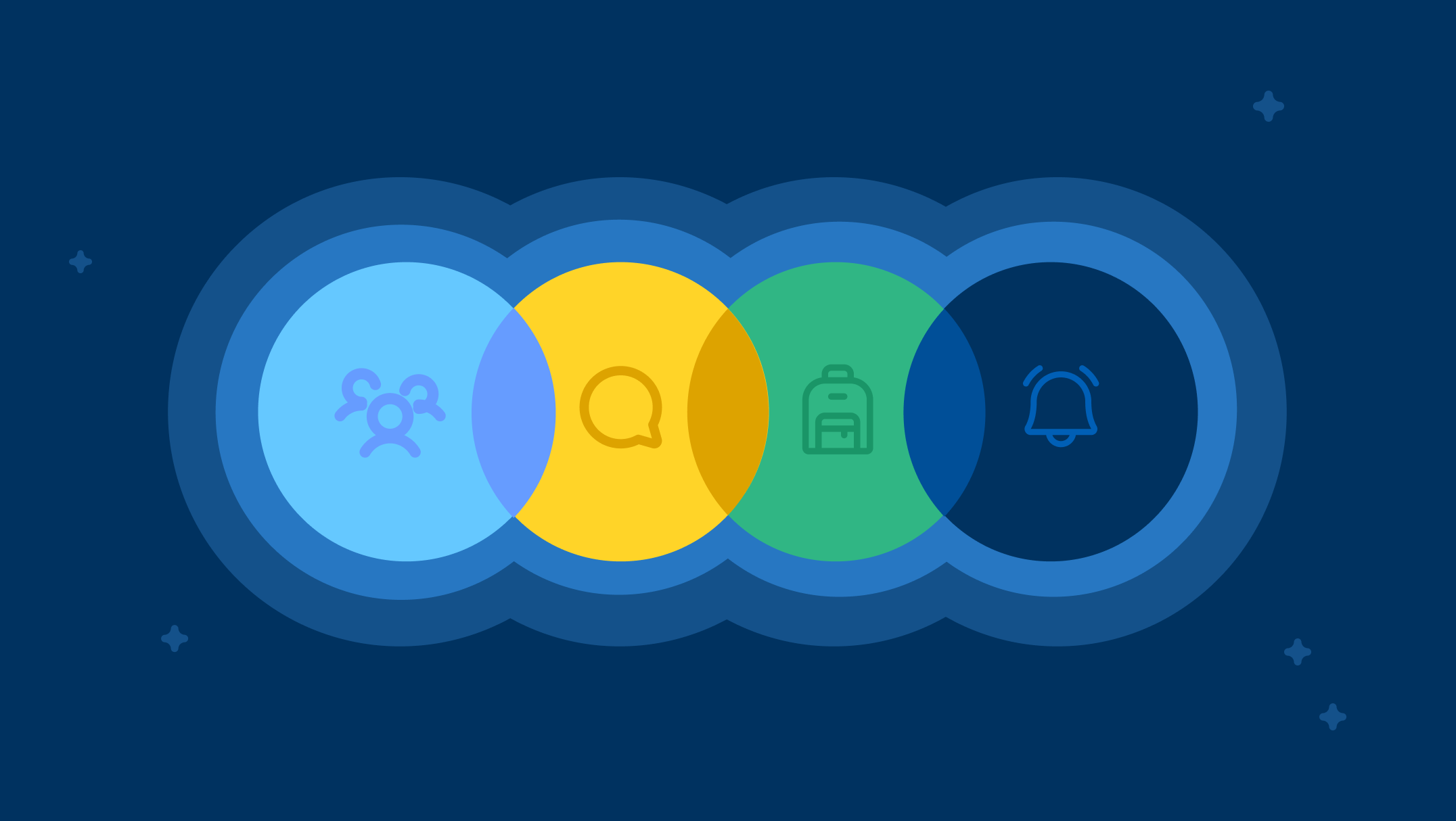Why Teachers Should Use Social Media

I hear educators say all of time that they don’t have time for “things” like Twitter. Some have even gone so far as to question how I find the time to do it since it’s “just a social media tool.” Well, quite frankly, I don’t really use it as such very often. I use it more as an extension of my professional Learning on a daily basis.
You see, Twitter connects me with some of the brightest education minds around the world. To think that I can only find what I need for professional growth locally is very short-sighted. Sitting in a conference room listening to someone talk at me for hours on end may or may not help me grow as a professional educator. What I do know about that type of Learning, though, is that I have committed an amount of time that I will not get back if it is not worthy instruction.
Utilizing social media, like Twitter, as a Learning tool allows me to open the window of Learning opportunity when it is convenient for me. It also gives me an immediate emergency group to turn to when challenges arise and I need that outside view or solution. And I also use it to find the best face-to-face Learning opportunities for me.
My Introduction to Twitter
Twitter first came to light just as I was moving into the instructional technology realm and out of the classroom. I quickly found a support group that was there around the clock. It wasn’t just the virtual connections that made this tool great. It was the face-to-face opportunities from those connections that really tie it all together as a learner. Knowing that you are going to be able to continue the virtual conversations without missing a beat when you run into your online colleagues makes extending the Learning a very comfortable process.
In June of 2008, ISTE was held in San Antonio, TX. As most great debates on Twitter do (or maybe not), a debate began on the best way to cook ribs. One thing led to another, and a gathering of the minds was had over some Texas BBQ that June. Great educational thinkers and doers. I began lifelong friendships with ladies and gentlemen who change the lives of students all over the world and who have taught me valuable lessons and skills, all because of Twitter and a goofy conversation over meat.
Working outside your comfort zone is a difficult task. Connecting with others who have made the leap into areas you want to pursue makes the process more meaningful. You hear people say it’s okay to fail. What they truly mean is that failure is fine as long as it is part of the Learning process and something is learned from the failure. If you are public with those obstacles you face, your collection of lead learners will provide you the opportunity to excel over failure. Learning out loud will help you gain the valuable feedback you need to grow as a professional and avoid future failures.
Advocacy
And one last bit about Twitter that many do not consider: advocacy. For whatever reason, too many educators avoid politics, elections, and anything around advocacy. There’s absolutely no reason to avoid it since it basically controls their professional destiny. Why would you NOT want a say in where your profession is headed? Consider using Twitter to make those professional connections with others active in the advocacy process or even directly with your elected officials. It will go a long way to create and grow professional communications with the office staff of those same politicians. You don’t have to agree with everything that the person stands for. You just need to make sure you are giving them factual information that helps them make the most informed decision. Oh, and vote, for Heaven's sake. Why educators avoid doing the most basic of the civic duties is beyond me.
So, as you can see, Twitter (and other social media, like Facebook, Instagram, LinkedIn, Pinterest, and Youtube) is more than a basic social media tool. It’s far from a one-size-fits-all tool, but you get the power to mold it into what you need as a professional educator. Take advantage of it. Become connected, empowered, and productive. No need to wait for the six-hour training day to show up on the local education training center workshop page. Make it yourself.
Jump to Section
Bring the power of GoGuardian to your school or district today.



